I will be working with Dr. Paula Dhanda and her organization, Worldwide Healing Hands.
In January 2020, nonprofit organization Worldwide Healing Hands (WHH), mobilized an experienced volunteer medical team and travelled to Phnom Penh for their first medical mission in Cambodia. This mission focused on the prevention of cervical cancer and resulted in care provided for 84 patients, training for 39 healthcare staff, and a sustainable training program that continues to successfully screen and treat women for cervical cancer today. This mission was a resounding success and is the blueprint for this next medical mission in Cambodia.
In January 2022, WHH is joining Cambodia-based nonprofit, Surgeons for Cambodia, for our second medical mission to Cambodia in an effort to provide cervical cancer prevention and GYN surgery to the public. Our goal for this mission is to decrease preventable maternal mortality and cervical cancer by increasing access to skilled gynecologic care and low-resource cervical cancer screening (VIA). While in Cambodia, our team will visit 3 hospitals in Siem Reap and Phnom Penh to conduct surgeries and train healthcare workers in prevention procedures for cervical cancer.
Nowhere in modern medicine are global disparities more striking than in surgery. This inequity results in the deaths of countless people annually and is especially apparent in obstetrics and gynecology. While Surgeons for Cambodia will focus on a multitude of specialities, the WHH team will focus specifically on gynecologic surgery and cervical cancer prevention.
Cervical cancer is the number one cause of cancer-related deaths in developing countries. By 2035, this preventable disease is expected to be the number one cause of death for women worldwide. WHH teaches the “single visit'' approach so that women, no matter where they live, can be screened and receive appropriate treatment during the same appointment to effectively prevent the development of cervical cancer. During this mission, the WHH team will teach this method to healthcare staff at all 3 hospitals and will encourage them to continue this training subsequent to our departure.
This mission will serve to provide desperately needed surgeries and cervical cancer prevention procedures to the women of Cambodia, and will focus on training healthcare staff in the “single visit” approach. We believe that training should not just be stand-alone presentations, but also part of building institutional capacity to provide for the hospital’s own future training needs (e.g. training the trainer). We view our Cambodian colleagues as full and capable partners, and by working together we can build local capacity and sustainability.
After the conclusion of this mission, our team will continue to communicate regularly with our Cambodian partners to ensure training for cervical cancer prevention continues to run smoothly. WHH will plan a follow up mission to Cambodia for the end of 2022.
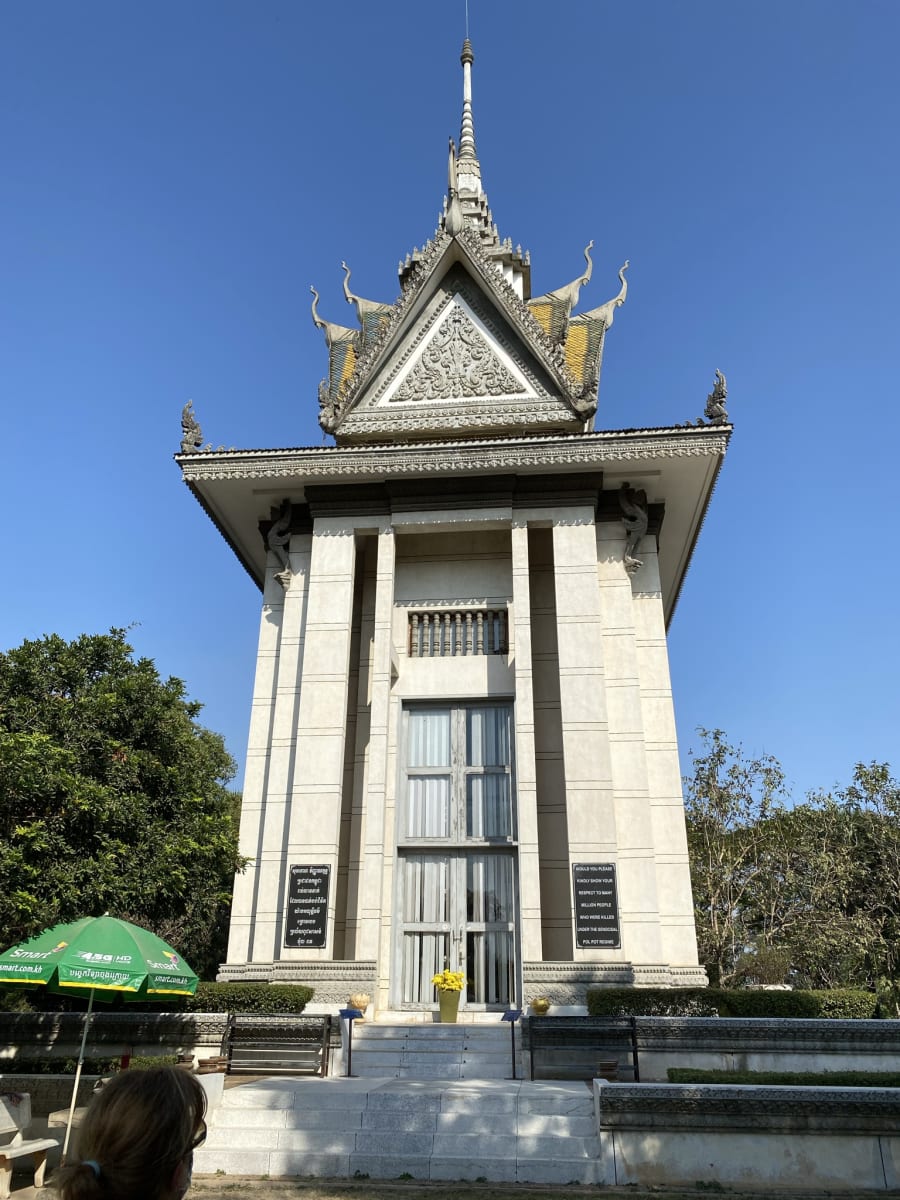
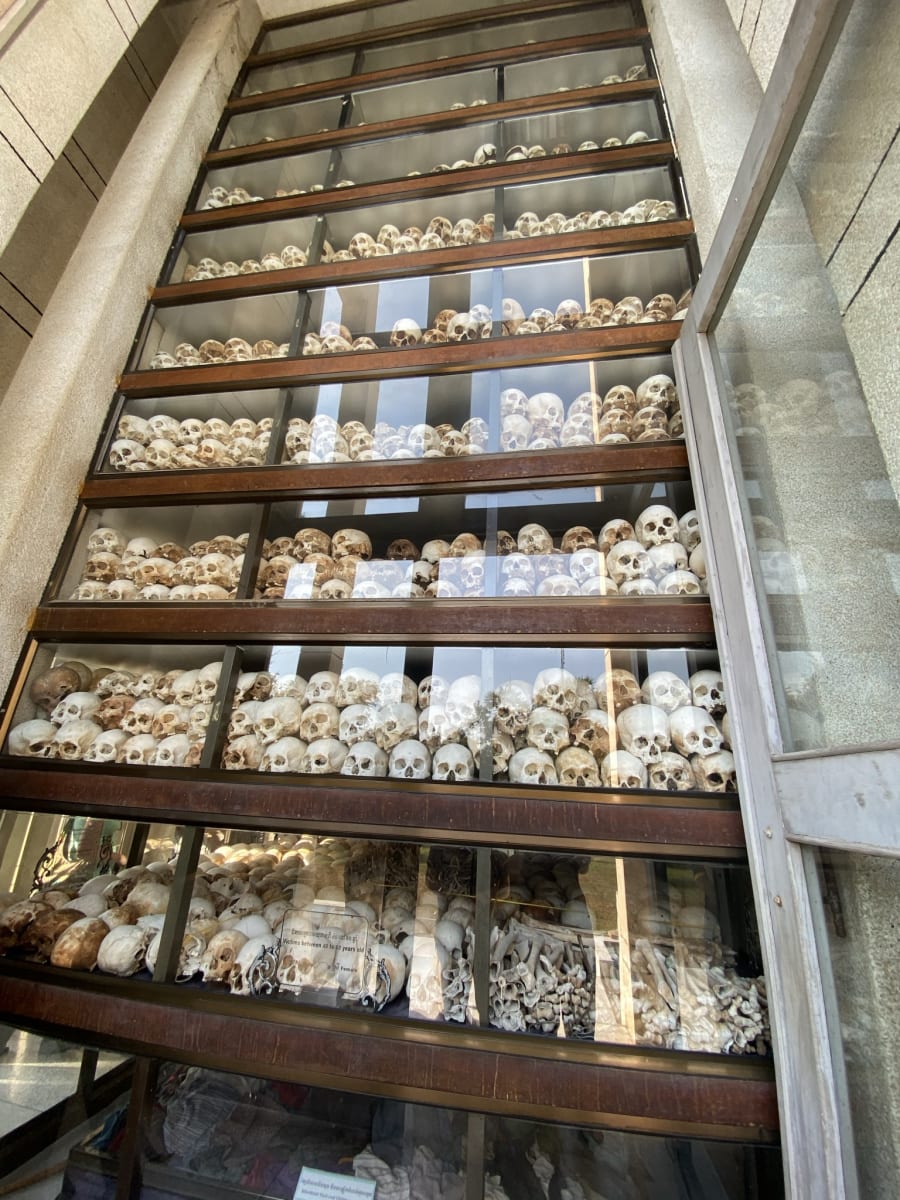
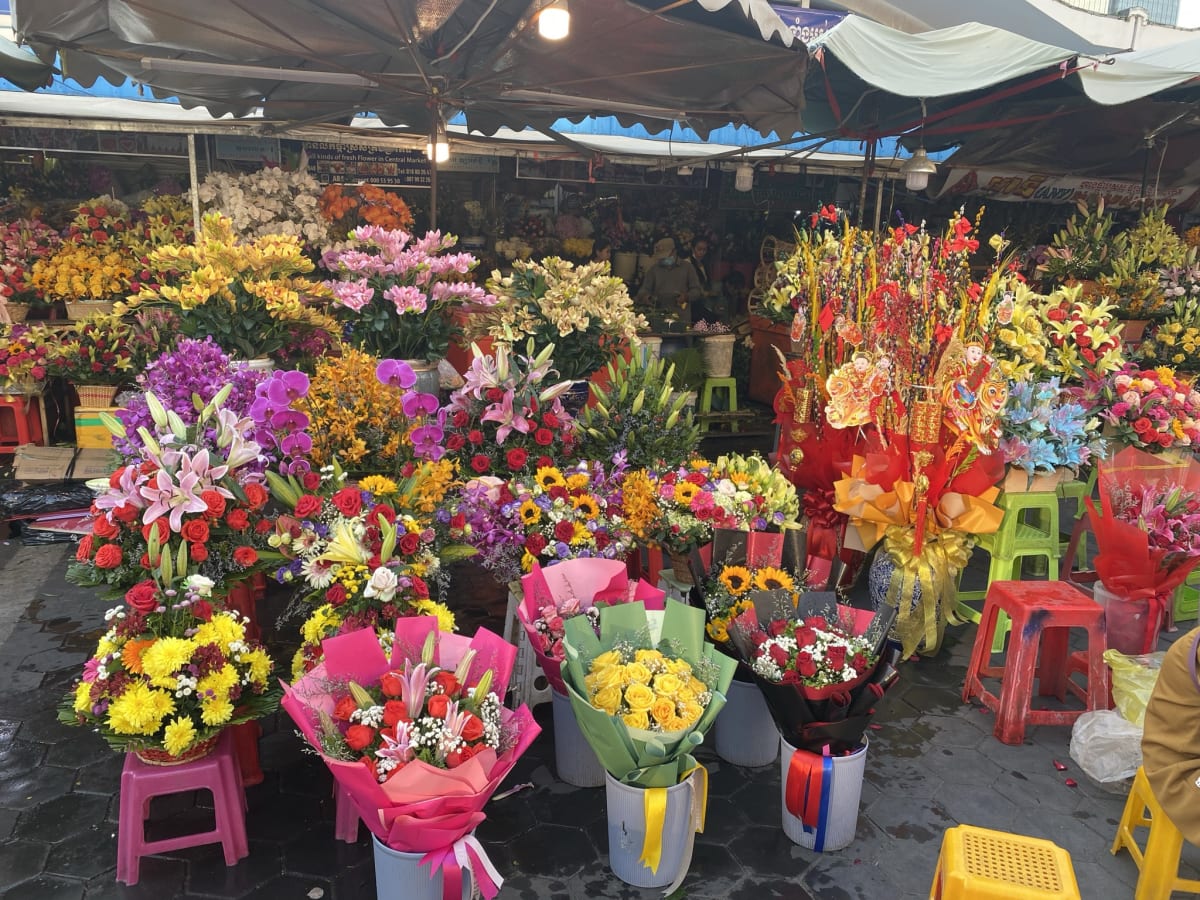
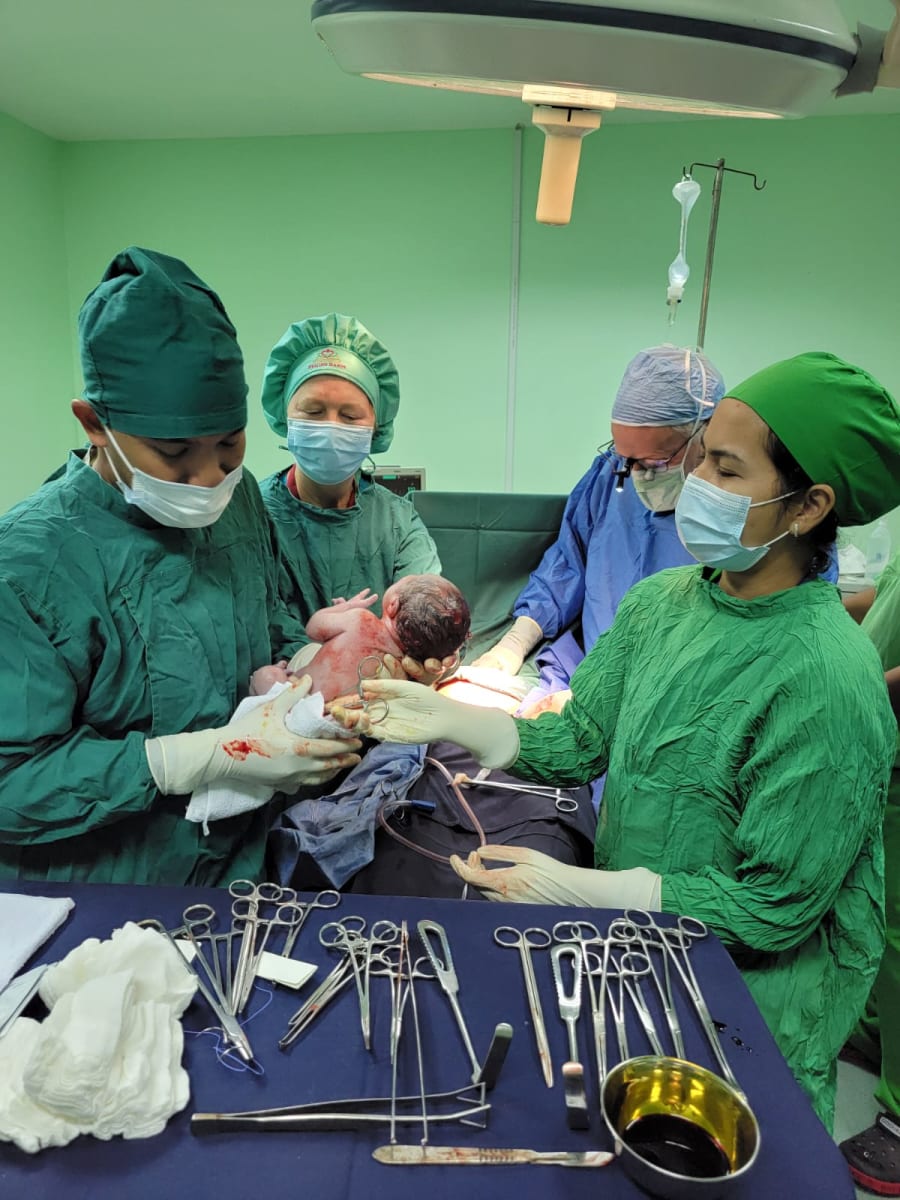
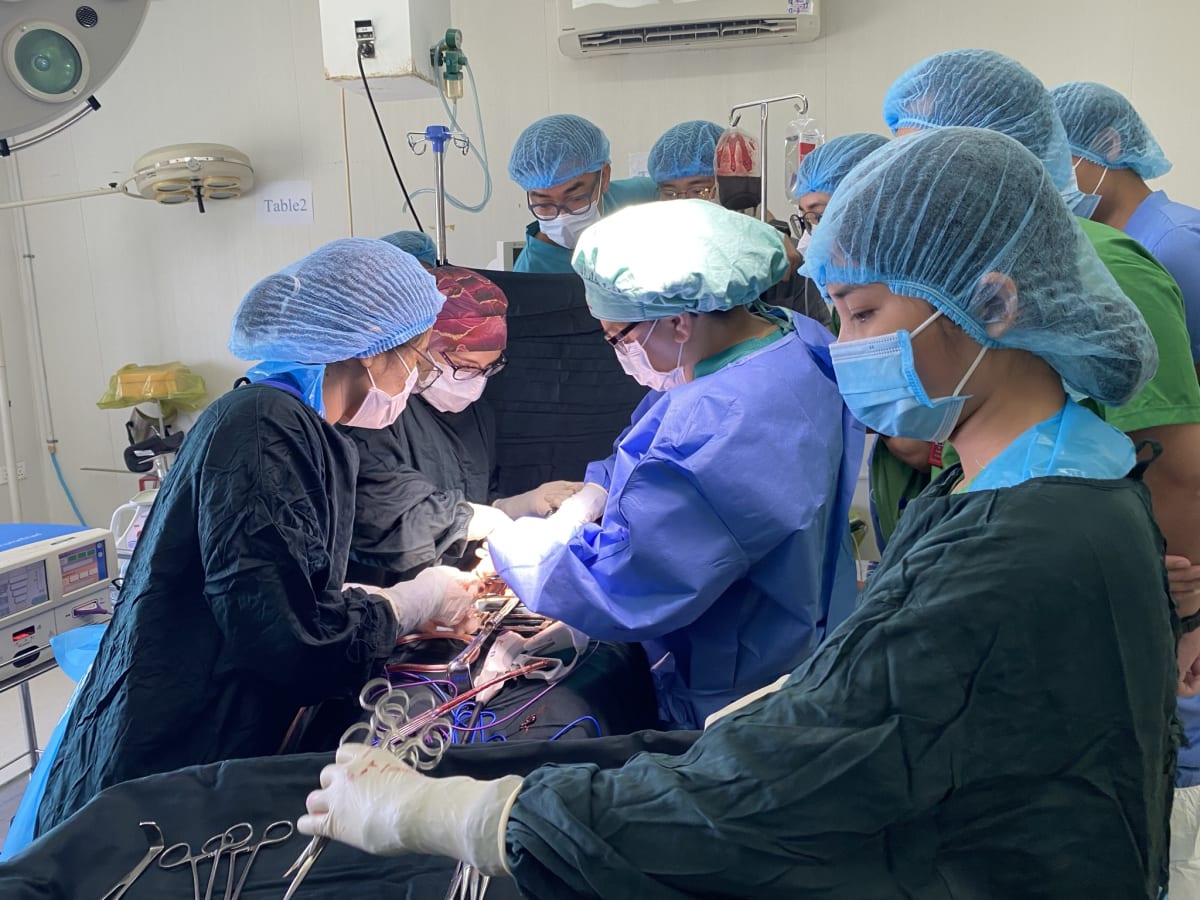
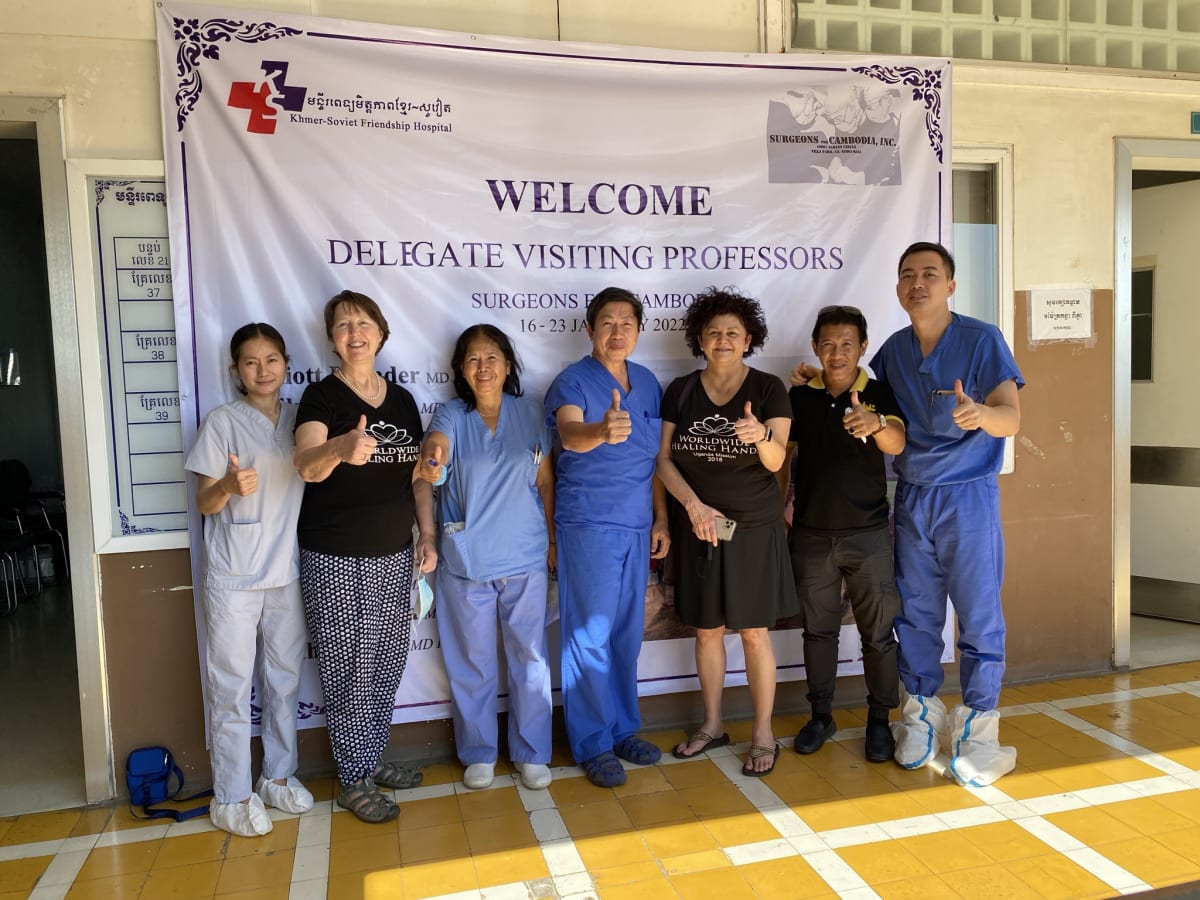
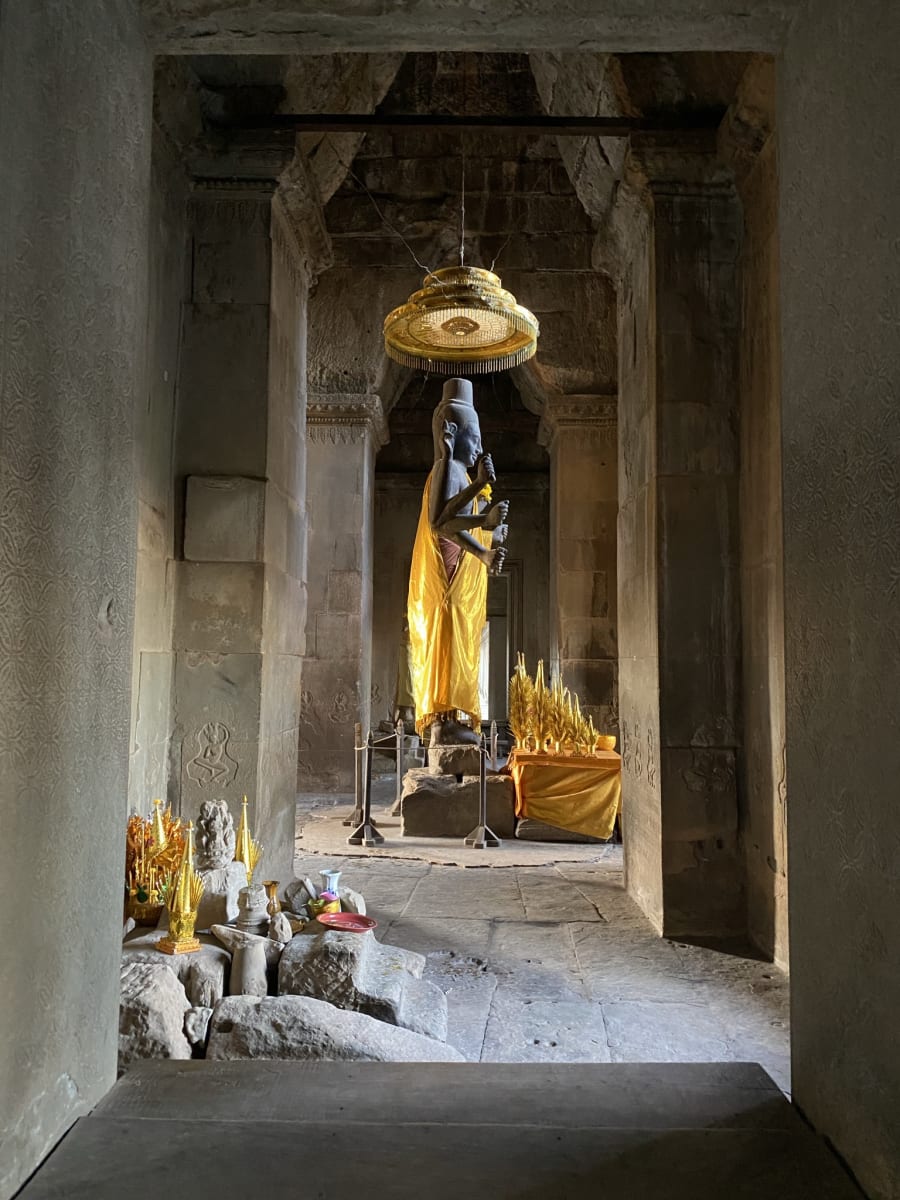









I want to thank the Dox Foundation for its support of my trip to Cambodia, where I spent two weeks volunteering in January 2022 with the Worldwide Healing Hands (WHH) organization, which partnered with Surgeons for Cambodia for this mission.
Our mission goals were to teach new surgical techniques to the young doctors in Cambodia and to bring some much-needed medical equipment and supplies, as well as to perform surgeries that may not have been possible in the local hospitals without our donated equipment and skills. WHH had been invited to join Surgeons for Cambodia for this mission after its leader was asked by his Cambodian hosts to also bring gynecologic surgeons.
This is the second time that I have worked with the WHH group. I decided to work with them after a recruiting email led me to their website and I liked the expressed goals on their website: “The life-saving ambitions of Worldwide Healing Hands are accomplished through medical missions that serve two critical purposes; they bring modern medical expertise and medicines to quash high maternal and infant mortality rates, and they train local physicians and midwives so that the expedition has a long-lasting positive effect in the area.” Although we were not specifically addressing obstetric problems during this trip, I found the group’s founder, Dr. Paula Dhanda, and the rest of the volunteers I have worked with to be both ambitious and sincere in trying to achieve long-lasting sustainable effects in women’s health.
Our actual work started the weekend before we were scheduled to leave for Cambodia, when we had a packing party. We brought our largest suitcases and then carefully packed them to the airline-allowed weight limit with the medical equipment that Dr. Dhanda had already collected to bring with us to Cambodia. During our time there, this equipment was used to perform the gynecological surgeries we supervised, as well as being shared with our general surgeon volunteer colleagues who were there with the Surgeons for Cambodia.
A negative Covid test was required a day before leaving our US homes and then another test on arrival at the Phnom Penh airport. The day after we arrived and cleared quarantine, we traveled by bus to Siem Reap, where the Angkor Wat is located. During a sunrise tour of the beautiful Angkor Wat, our group was informed that during the flight over, one of the surgeons had sat close to a person who had later tested positive for Covid. Our visit to Angkor Wat was terminated and the entire group now had to be quarantined. After a day of quarantine in our rooms, we were taken to the local public health offices and re-tested for covid. Thankfully, we were all Covid-negative and were allowed to proceed with our plans to work with the doctors in Siem Reap.
The Ob/Gyn physicians in Siem Reap were experienced surgeons and had also established an infertility clinic in the town, which we toured. Dr. Dhanda and I assisted with a few open laparotomies during our two full days working there.
It was when we arrived at the Preah Vihear hospital that I felt that we contributed the most to improving gynecological surgery care. It seems that young physicians are sent to work at this rural hospital and the more experienced health care workers leave to work in the larger (probably more lucrative), urban areas. The staff in Preah Vihear were eager to have us teach them our surgical techniques, as well as learn to use some of the new surgical equipment that we had brought.
Because I have been retired for more than five years, I was happy to have my primary role during this mission to be to assist on gynecologic surgery cases or work behind the scenes, fetching supplies or equipment, facilitating cases, or working with any recalcitrant equipment. Dr. Dhanda led in the majority of surgical cases, but in Preah Vihear, I was happy to find that I could help by doing a few C-sections and a vaginal repair. One of the highlights of the trip for me was teaching a (volunteer colleague) general surgeon the fine points of performing a C-section so that he could qualify to volunteer for other international organizations that require skill in obstetrics as well as surgery.
Finally, we returned to Phnom Penh, where we worked with the staff in Khmer-Soviet Friendship Hospital. Here is where many of the country’s medical specialists trained and a robust training program meant that Dr. Dhanda had many students eager to operate with her. It turned out that they most wanted to learn advanced laparoscopic techniques, so the majority of cases done during our time there were laparoscopic removal of pelvic masses. At times large groups of people would be in the OR, watching every thing being done, and I became even more of an expert at getting their old laparoscopy equipment to perform. There was a great deal of interest in having our group return in 2023, better prepared to proctor them in advanced laparoscopic techniques and possibly laparoscopic hysterectomy.
When we finished our work at each of the hospitals, we left boxes of supplies and equipment, which our Cambodian counterparts were delighted to stock for their future use. We hope that these supplies will help the surgeons in their work.
During our non-working hours, we were able to visit several local markets, as well as a few nice restaurants in Phnom Penh.
Although our first attempt to see Angkor Wat was cut short, we later visited other parts of it and appreciated its timeless beauty. We also visited the “Killing Fields” outside Phnom Penh, where there is a tall temple filled with the skulls of some of the millions of people killed by the Pot Pol regime. It is horrific to visit - the bus was very quiet on the way back to the hotel.
Thank you to the Dox Foundation for its support of my trip to Cambodia. I am very grateful for your help.
Cathy A. Baker, MD FACOG
catbak56@gmail.com